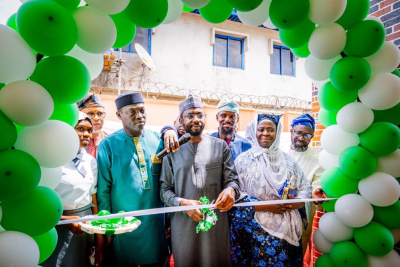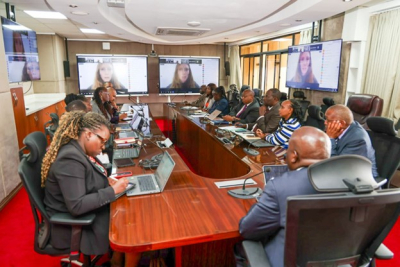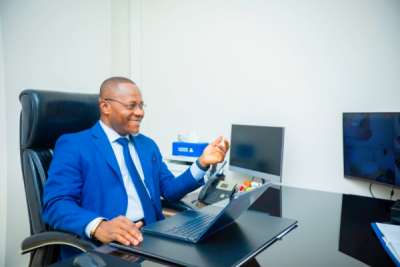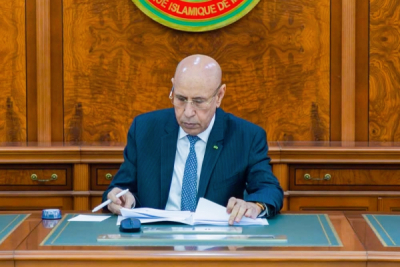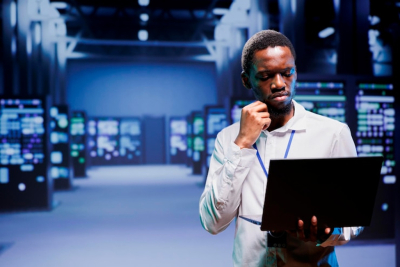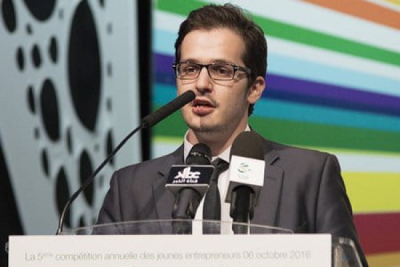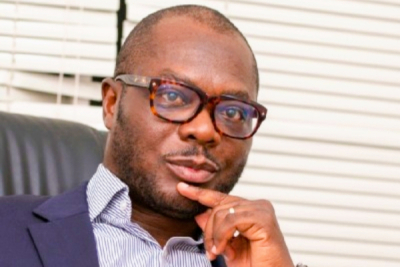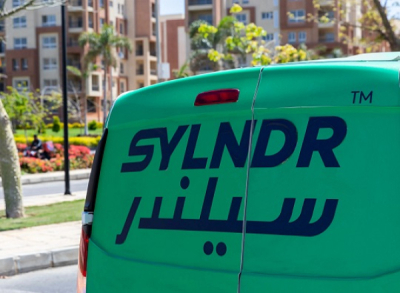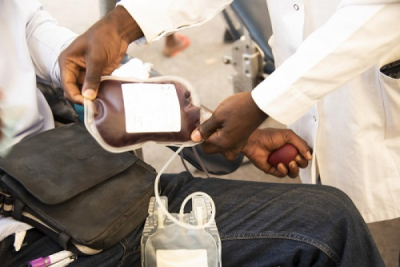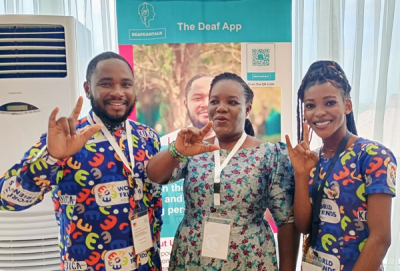• Morocco places AI at center of digital strategy, minister tells Parliament
• Plans include a new AI directorate, a UNDP-backed digital hub, and 12 regional Jazari Institutes
• Youth training programs to target ages 8–18 in digital and AI skills
Morocco is putting artificial intelligence (AI) at the forefront of its digital transformation efforts. Speaking before Parliament earlier this week, Minister Delegate for Digital Transformation and Administrative Reform, Amal El Fellah Seghrouchni, said the aim is to leverage digital tools to accelerate social and economic development.
The government plans several key initiatives, including the creation of a dedicated AI directorate and the launch of a regional Arab-African digital hub in partnership with the United Nations Development Programme (UNDP). Additionally, a network of centers of excellence, dubbed the “Jazari Institute,” will be established across Morocco’s 12 regions.
Two national training programs targeting digital and AI skills for youth aged 8 to 18 are also in the works. To further unify efforts, a national AI conference is scheduled for July 1-2 in Rabat, aiming to foster a shared and responsible vision for AI development among stakeholders.
These measures are part of Morocco’s broader “Digital 2030” strategy, which seeks to harness AI’s potential to fast-track the digitalization of public and private services while nurturing a thriving digital economy. The government intends to back projects that consolidate data registers and frameworks, deploy AI use cases to improve citizen and business services, attract international AI experts, and support startups and companies in high-value-added sectors.
Moreover, the plan includes developing the skills and infrastructure necessary for responsible AI deployment, establishing evaluation mechanisms, and initiating multidisciplinary discussions on AI’s societal, legal, and economic impacts.
The United Nations recognizes AI’s potential to drive digital transformation. In its “E-Government Survey 2024,” the UN Department of Economic and Social Affairs (DESA) noted that AI technologies can enhance public sector operations by automating administrative tasks, increasing efficiency, and reducing backlogs and redundancies. The report also highlighted AI’s role in advancing sustainable development goals.
However, many of Morocco’s AI initiatives remain in the project phase, with their success hinging on effective implementation. DESA also cautions about AI-related risks, including algorithmic biases that may misrepresent certain groups, as well as ethical, security, and social challenges. The UN agency underscored that the ongoing digital divide poses a significant barrier to integrating AI technologies effectively in the public sector.
By Isaac K. Kassouwi,
Editing by Sèna D. B. de Sodji



